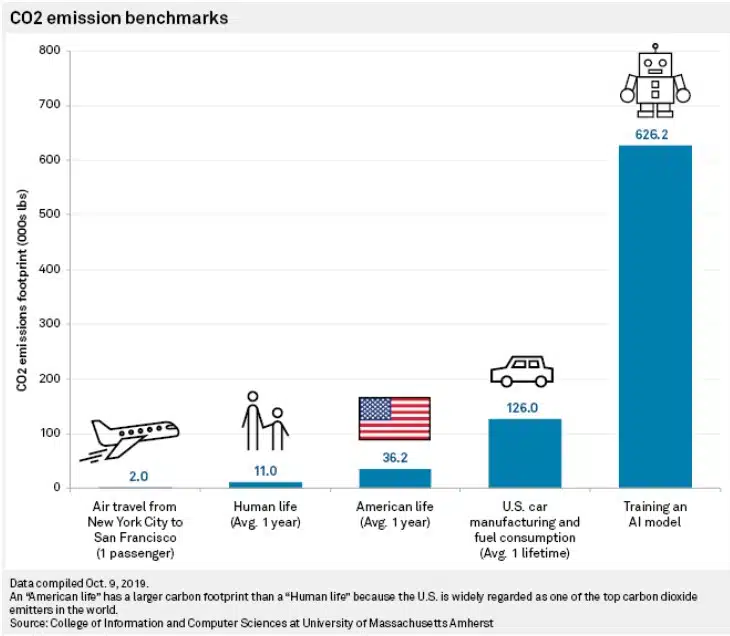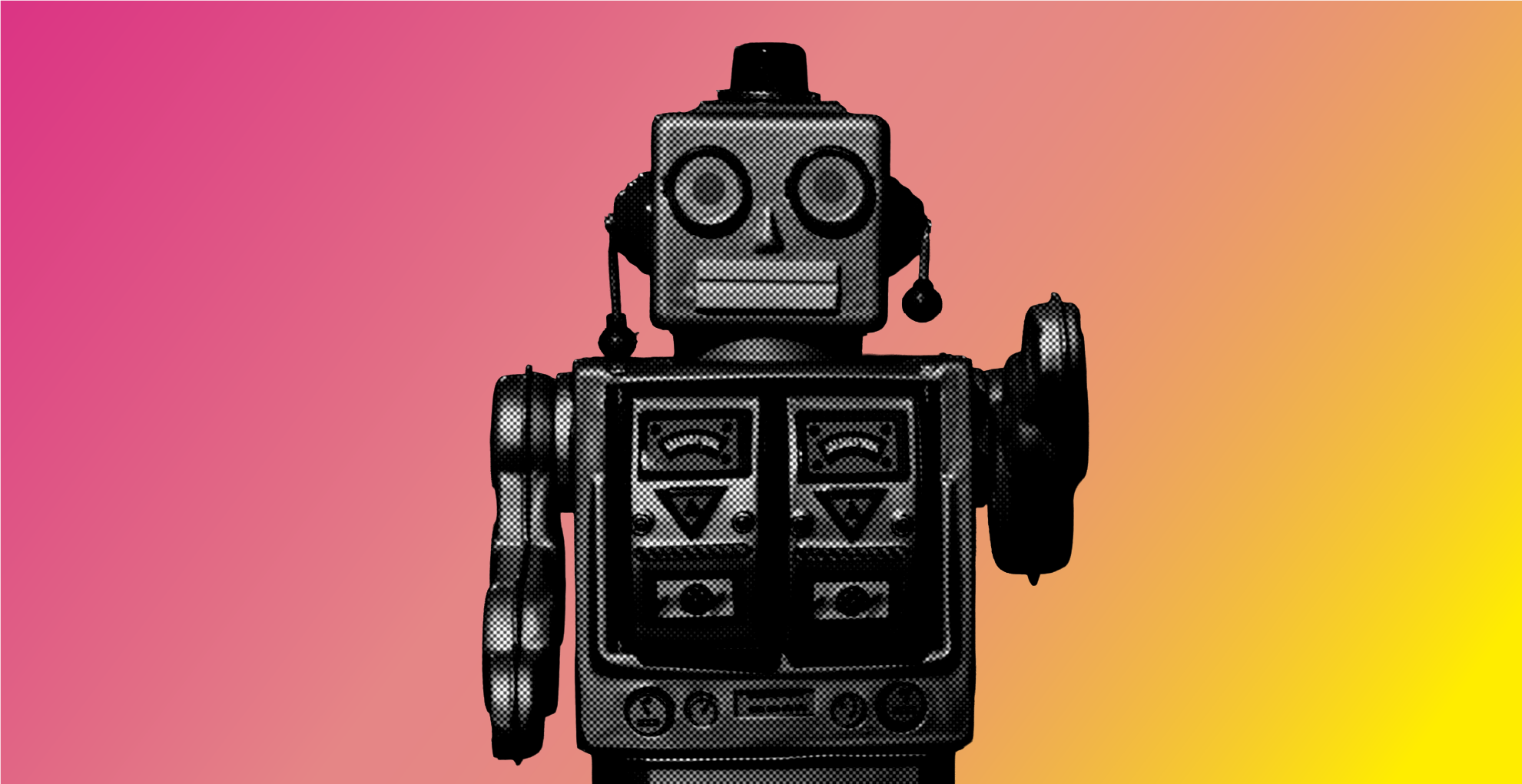Is Ai going to take over Marketing Agencies? The good, bad and the ugly.
The Good: efficiency, insights and scale
There’s no denying it… AI has transformed the way we work. Mostly for the better. It can analyse mountains of customer data in seconds, churn out tailored content ideas, optimise ads in real time and personalise campaigns at a scale that humans alone simply can’t match.
For agencies, this means more time to focus on strategy and creativity, the very things that win clients’ hearts. When used wisely, AI can handle the heavy lifting while marketers do what they do best: connect, create and tell stories that matter.
The Bad: at what cost?
AI doesn’t run on magic; it runs on vast amounts of energy. A recent piece on Earth.org highlights the ‘green dilemma’ that training large AI models requires enormous computing power, which has a heavy carbon footprint.

Then there’s the impact on jobs. Reports from Exploding Topics, the BBC and AIPRM paint a sobering picture: AI is already replacing roles once thought ‘safe’ in marketing, design and comms. Junior copywriters, SEO analysts, even media buyers all face redundancy as tasks become automated.
In short, AI can make agencies leaner, but potentially at the cost of skilled people losing out. If your entire agency model is built around squeezing out humans for profit, you might be efficient, but you won’t be ethical.
In a recent interview with podcaster Joe Rogan, Bernie Sanders raised an important point that’s often overlooked in AI debates:
“Technology is gonna work to improve us, not just the people who own the technology and the CEOs of large corporations,” Sanders said. “You are a worker, your productivity is increasing because we give you AI, right? Instead of throwing you out on the street, I’m gonna reduce your workweek to 32 hours.”
This raises a good question. Shouldn’t the time saved through automation be returned to workers in the form of shorter hours, better work-life balance, or meaningful upskilling rather than redundancies?
The Ugly: Ai marketing stunts
Then there’s the ugly side – AI for rage bait and attention-grabbing stunts. Take Artisan, for example, a young AI-powered sales automation start-up that recently used controversy to get noticed. Its marketing campaign was intentionally provocative, poking at the very people they’re trying to sell to. It worked, people got annoyed, talked about it and Artisan got its name out there. The campaign drove over $2 million in new ARR, thousands of sales meetings and a huge spike in brand awareness—from ~5% to 70% in San Francisco. But at what cost to trust and long-term credibility?
So, what’s next?
Is AI going to take over marketing agencies? It depends on who’s holding the reins. If agencies treat AI as a tool, not a replacement for human ingenuity, it can supercharge what they already do best. But if they chase profit and efficiency above all else, they risk losing their soul and their people.
One thing that is for certain: the agencies that will thrive are the ones that keep humans at the heart of the process while letting AI do the grunt work. They’ll find a balance between clever technology and creative thinking. After all, good marketing is about trust and connection and that’s something no algorithm can truly replicate.
“I am not a robot”
At MBC, we believe in using AI smartly, never at the expense of real relationships. We prioritise personal connections: real people, real conversations and real results. AI enhances our efficiency, but the ideas, care and creative spark remain human.
If you need that special human touch to add to your marketing campaigns we’d love to hear your ideas. Contact us here.
